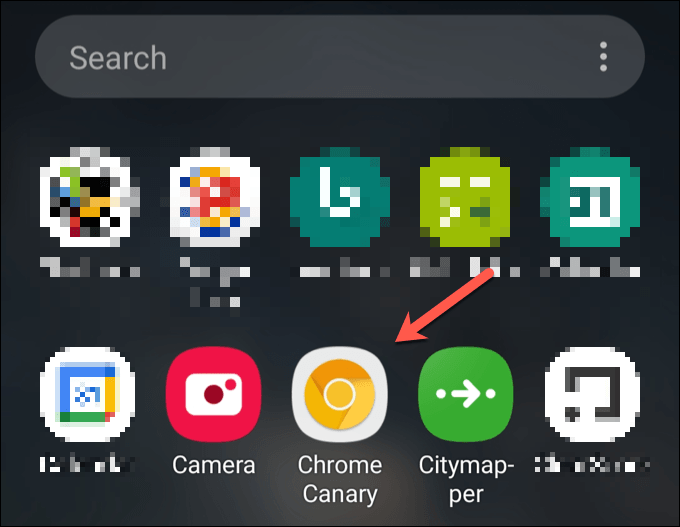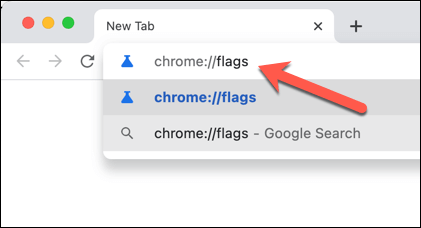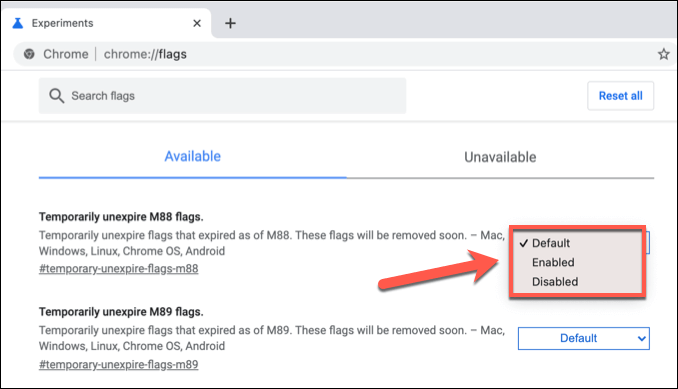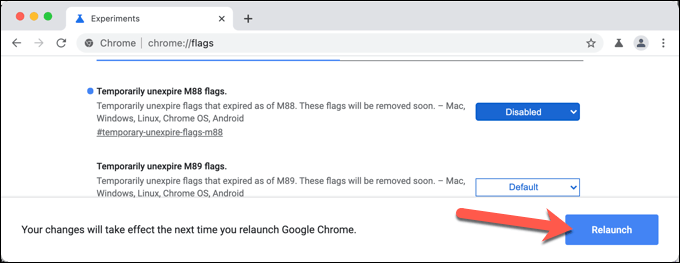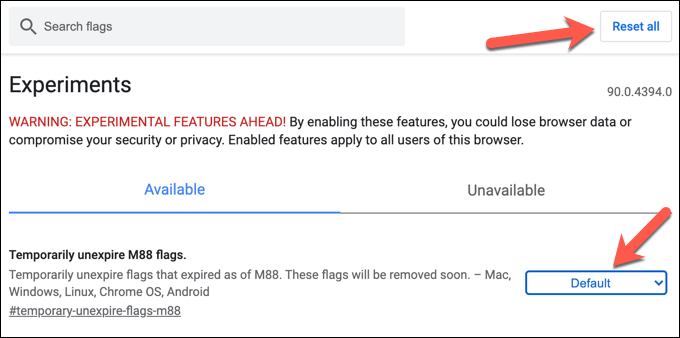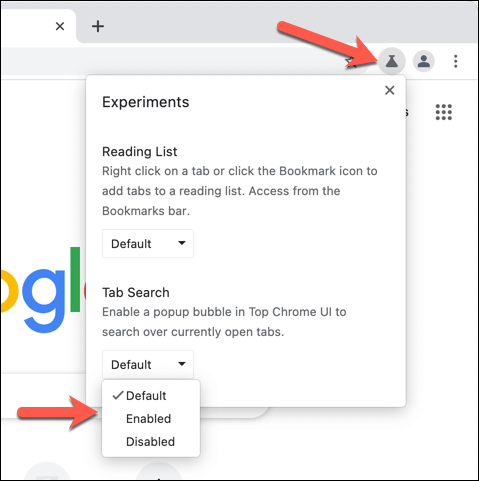Google Canary is one of four Chrome release “channels” that allow Chrome to test out these features with a smaller user base, aimed at developers and testers who can report on bugs and issues to help fix them quickly. If you’re curious about Google Chrome Canary and want to learn more, here’s what you’ll need to know.
What is Google Chrome Canary?
When coal miners used to head down the mines, they took with them a canary as an early-warning system. If the canary survived, the air was safe to breath. If it wasn’t, it was time to leave. The term “canary” is now used in technology circles, referring to alpha test releases of software. Google Chrome is no different, with four different release “channels” that range from Stable, offering the most stable release for normal users, to Canary, offering bleeding edge features and fixes but with a lot more instability. That’s important to recognize, as Google Chrome Canary isn’t a stable browser. If you decide to use it, expect the unexpected, from broken features to regular crashes. It may look like Chrome, but under the hood, numerous code changes are tested to help make the Google Chrome browser become better to use. Some of the fixes and new features in Chrome Canary will make their way through the release channels, tested thoroughly in the Dev and Beta channels before becoming part of the main Stable release. Others, however, will be dropped or changed at next to no notice.
Who Is Chrome Canary Suitable For?
There’s a reason why Chrome Canary isn’t offered as standard for Chrome users, as an unstable browser is likely to encourage users to switch to another browser. It isn’t suitable for most users, who shouldn’t expect to deal with crashes, slowdowns, bugs, and other issues in day-to-day usage. Chrome Canary is the testbed browser for developers, quality assurance testers, and curious techies who are keen to try out the newest features and fixes. With this in mind, use Canary as intended: for testing only. Don’t plan on using it for mission critical work that might be lost in a random crash, for instance. If you want to try and help the Chrome browser become better to use, switching to Canary is the best way to do it. If you identify new bugs, or if you want to suggest new features, you can do so using the Chromium bug testing report wizard. You can also check out new features or bug fixes in Chrome Canary and in the other Chrome release channels at the Chrome platform status website.
How to Install Chrome Canary
If you want to switch to Chrome Canary on your Windows PC, Mac, or Android smartphone, you’ll need to install it separately. As a separate installation, you can install Chrome Canary on your PC, Mac, or Android smartphone without removing or replacing the Stable version of Chrome. Like the Stable version of Chrome, you can sync your bookmarks using your Google account once Canary is installed, but you may prefer to keep your account profile separate from a likely buggy version of the browser. If you decide to stop using Google Chrome Canary, uninstall the browser on your device in the usual way. On Windows, you can uninstall programs from the Windows Settings menu, while Mac users can remove the app from the Applications folder in the Finder app. Android users will need to hold and select the Canary icon in the app drawer, then select the uninstall option to remove it.
Enabling Chrome Canary Flags and Features
Not all Google Chrome Canary features are available as soon as you install and open the browser. While many new features are activated automatically, others require you to enable Chrome flags in your browser to activate them. Chrome flags are hidden features in the Chrome browser that, among other things, allow you to enable or disable new features. If a new feature is very new and particularly unstable, these features may be shipped in a Chrome Canary release with a disabled flag, allowing a user to enable or disable them for testing.
Testing a Better Google Chrome Experience
If you want to help the Chromium project and help Google Chrome and other Chrome-based browsers become even better, switching to Google Chrome Canary is a great way to do it. By testing new features and reporting bugs, you can help to reduce Chrome crashes and freezes in the Stable release. If Chrome Canary is too unstable, there are other ways you can try out new Chrome features. For instance, some experimental Chrome flags are available to try in the standard Chrome Stable release. Alternatively, you could install new Chrome extensions to extend Chrome’s functionality with fun or productive add-ons.

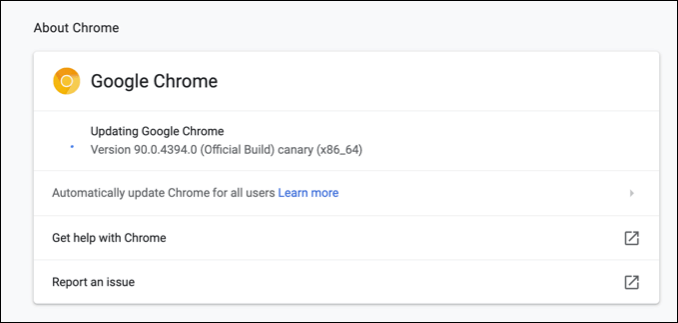
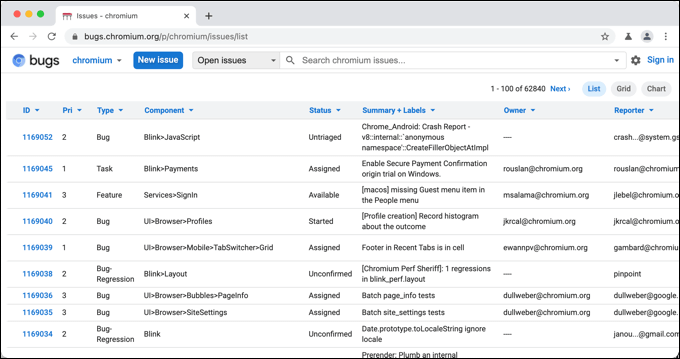
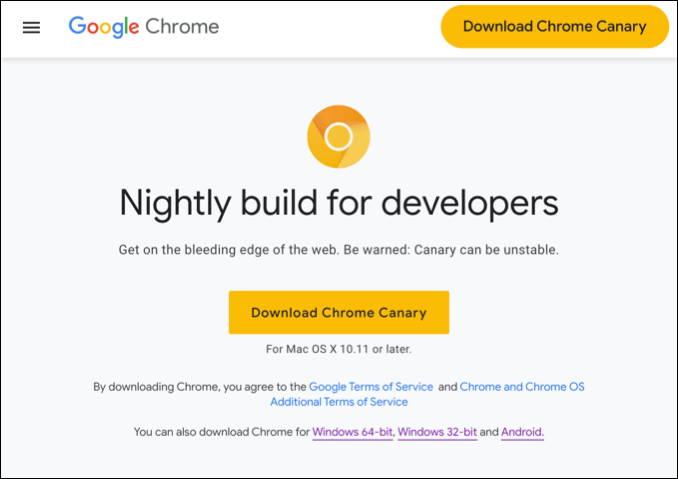
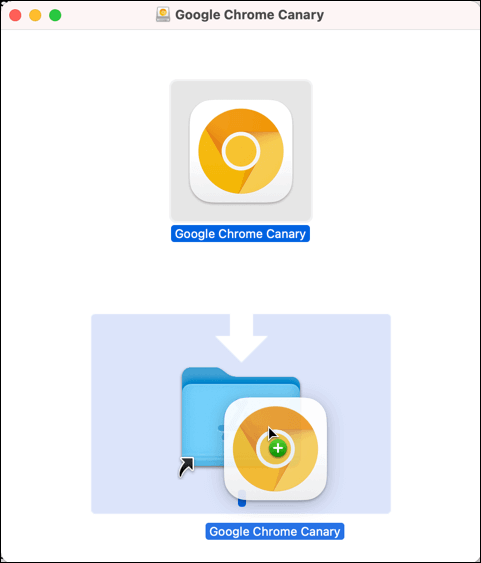
![]()
